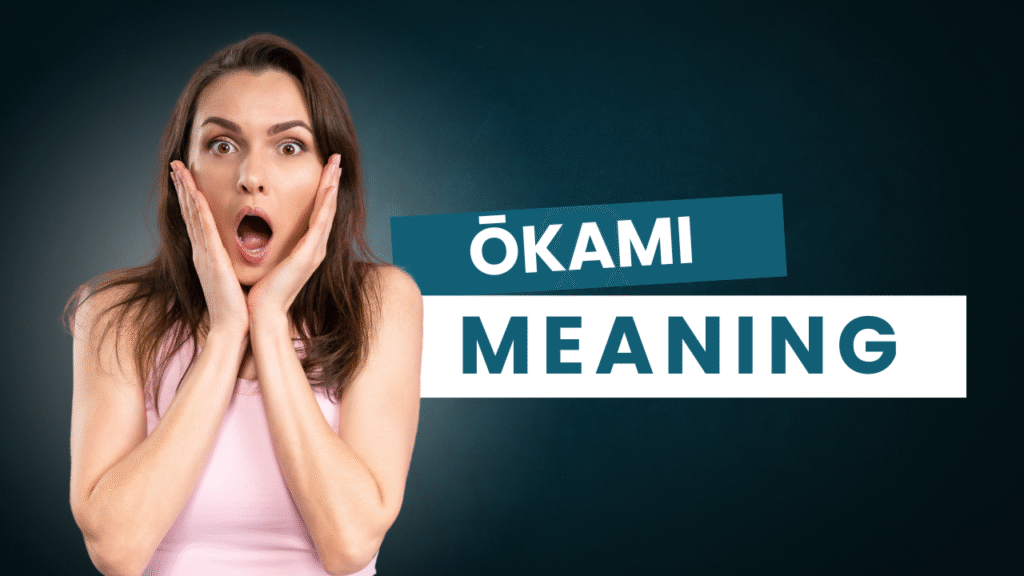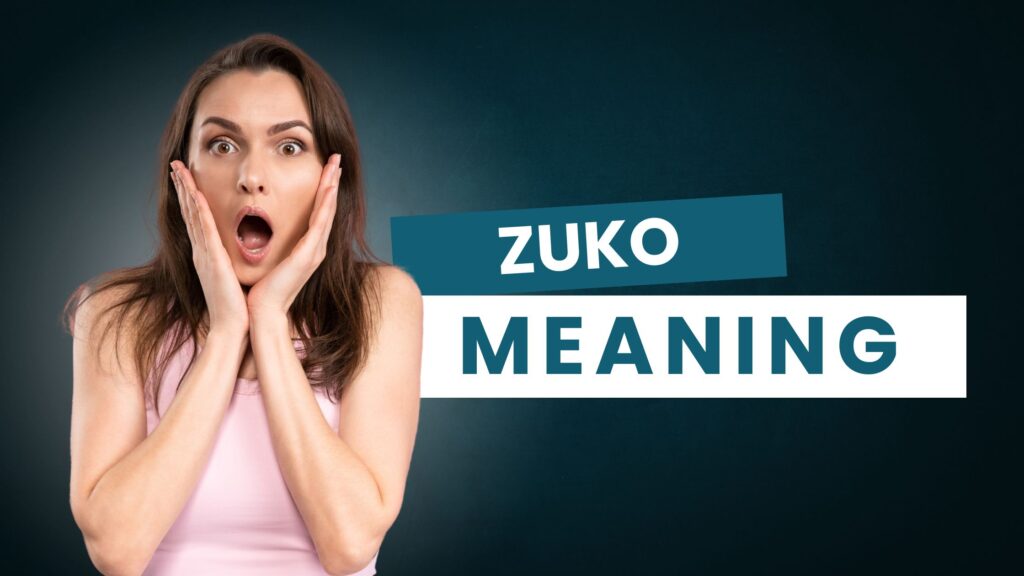If you’ve ever heard someone say the word “cabron” in a movie, song, or online clip, you might be wondering what it actually means. This Spanish slang word has become popular in many cultures, but its meaning depends a lot on how and where it’s used. In this guide, we’ll break down the cabron meaning, when it’s offensive, when it’s playful, and how it fits into the world of slang. Read more slang meanings here.
What Does “Cabron” Mean?
The word cabron (pronounced kah-BROHN) comes from Spanish and is often used as a slang insult. Depending on the country and the tone, it can mean:
- Idiot
- Cheater
- Badass
- Tough guy
- Dude (in a joking way among friends)
It’s one of those words that can be both offensive or playful, depending entirely on context. Think of it like how “jerk” or “bastard” can be either mean or just teasing in English.
The Origin of the Word “Cabron”
The origin of “cabron” traces back to the Spanish word for a male goat which was later linked to the idea of being cuckolded (having a cheating partner). Over time, it evolved into a more general slang term used to insult someone or describe a guy with a rough attitude.
It’s much more flexible today and shows up in rap lyrics, TV shows, memes, and casual conversations, especially in Spain, Mexico, Puerto Rico, and even parts of the United States.
When Is “Cabron” Considered Offensive?
The cabron meaning shifts based on:
- Location: In Spain, it might be used casually. In Mexico, it can be much harsher.
- Tone: If said angrily, it’s likely an insult. If said while laughing, it may be teasing.
- Relationship: Friends may call each other “cabron” like a joke. Strangers? Not so safe.
So yes, it can be offensive, especially if you’re unsure how the other person will take it. It’s best used with people you know well, or not at all if you’re unsure.
Cabron in Pop Culture
You’ve probably heard the word cabron in:
- Latin music (reggaeton, hip hop)
- Spanish-language TV shows and movies
- Memes and viral TikToks
Artists like Bad Bunny, Daddy Yankee, and Residente use it often in songs to sound tough, rebellious, or street-smart. This slang term adds flavor and attitude — which is why it’s so common in pop culture.
Variations of the Word “Cabron”
Depending on gender and formality, you might also hear:
- Cabrona – the female version (used similarly)
- Cabrón – spelled with an accent, but the same meaning
- Cabronear – a verb form meaning “to act like a cabron”
Each version still ties back to the original cabron meaning but with slight variations in tone and use.
Should You Use the Word “Cabron”?
If you’re learning Spanish or just picking up on slang, here’s the best advice:
- Only use cabron if you’re confident about the context.
- Don’t say it in formal settings (like at work or school).
- If you’re joking with friends who understand the slang, it may be fine.
- Otherwise, it’s safer to listen and learn, rather than say it yourself.
When to Use or Avoid “Cabron”
| Situation | Is It Okay to Use “Cabron”? |
| Among close Spanish-speaking friends | ✅ Yes (if joking) |
| In formal or professional settings | ❌ No |
| Online (like memes or tweets) | ✅ Maybe (if used lightly) |
| In songs or lyrics, you’re quoting | ✅ Yes |
| With strangers or in public | ❌ Risky, better not |
Why Is “Cabron” a Popular Slang Word?
The reason cabron is so popular is because it’s versatile, edgy, and emotionally loaded. It can express frustration, admiration, or just playfulness. Slang like this gives people a way to show attitude, personality, and street credibility — which is why it spreads so fast online.
Conclusion
The word cabron isn’t just slang — it’s culture. It carries layers of meaning that change based on voice, tone, and background. Whether you’re a language learner, a slang lover, or just curious, understanding the cabron meaning helps you connect more deeply with Spanish-speaking pop culture and everyday talk.
But remember: like all powerful words, it comes with responsibility. Use it wisely or just appreciate it from a safe distance.


